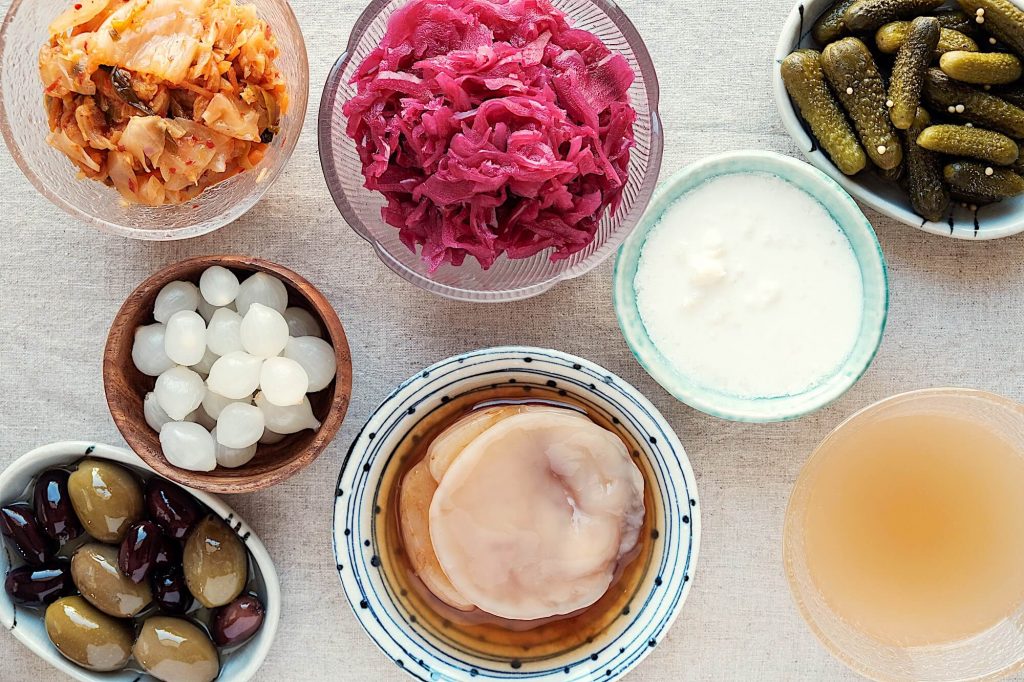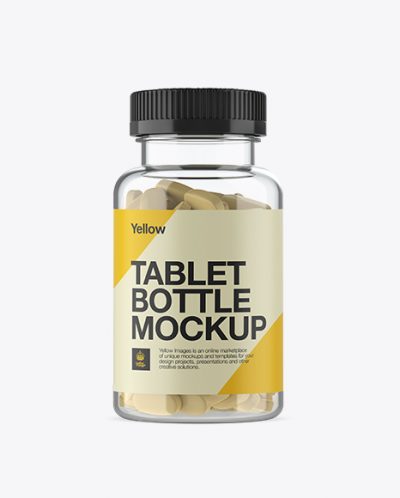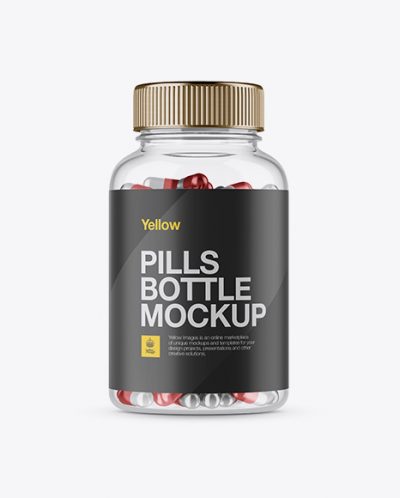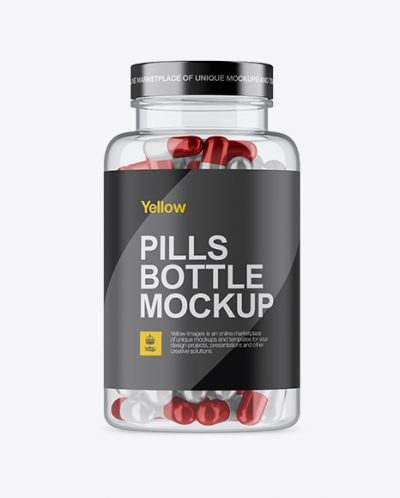Healthy Bones
Building healthy bones is extremely important. Minerals are incorporated into your bones during childhood, adolescence, and early adulthood. By 30 years old, most people have achieved peak bone mass. If not enough bone mass has been made by this point, bone loss begins and you have an increased risk of developing fragile bones. Fortunately, nutritional and lifestyle habits can help you build and maintain strong bones as you age. Here are the most effective natural ways to build and maintain healthy bones.
How to build Healthy Bones

Eat Lots of Vegetables
Vegetables are great for your bones. They are one of the most effective sources of vitamin C, which stimulates bone-forming cells. Additionally, some studies suggest that vitamin C’s antioxidant effects may protect bone cells from damage. Vegetables also seem to extend bone mineral density. A diet high in vegetables has been shown to promote healthy bones during childhood and protects bone mass in young adults and older women.

Calcium Rich Diet
Calcium is the main mineral found in bones and must be consumed daily to protect bone health. Ensure that your diet is rich in calcium to optimise absorption. The Recommended Dietary Allowance (RDA) for adult’s ages 19 to 50 is 1,000 milligrams of calcium daily. This increases to 1,200 mg daily for women older than 50 and for men older than 70. Ideal sources of calcium include dairy products, almonds, broccoli, kale, and canned salmon with bones, sardines and soy products, like tofu. If you find it difficult to acquire enough calcium from your diet, ask your doctor about supplements.

Consume Enough Protein
Protein is vital for healthy bones. In fact, about 50% of bone formation comes from protein. However, concerns have been raised that high-protein diets leach calcium from bones and counteract increased acidity of the blood. Researchers have also found that low protein intake decreases calcium absorption and also affects bone formation and breakdown. Nevertheless, studies have found that these negative effects are limited in individuals that consume up to 100 grams of protein daily, and eat a balanced diet with lots of vegetables and calcium.

Vitamin D
Your body needs vitamin D to absorb calcium. For adults ages 19 to 70, the recommended intake of vitamin D according to the RDA is 600 international units (IUs) daily. This increases to 800 IUs daily for adults age 71 and older. Sources of vitamin D include oily fish, like salmon, trout, whitefish, and tuna. Additionally, mushrooms, eggs, and fortified foods, like milk and cereals, are also good sources of vitamin D. Sunlight also contributes to the body’s production of vitamin D. If you’re worried about getting enough vitamin D, ask your doctor about supplements. Getting adequate amounts of vitamin D from food or supplements may help protect bone health.
Product Features
Natural Products
Our products are natural.
Sustainability
We use sustainable and Eco Friendly manufacturing and products.
High Quality
Our products are manufactured to the highest possible standards.
No GMO
We never use genetically modified products.
Made in the UK
All of our products are made here in the UK.
Dairy Free
Our vitamins and supplements are dairy free.





